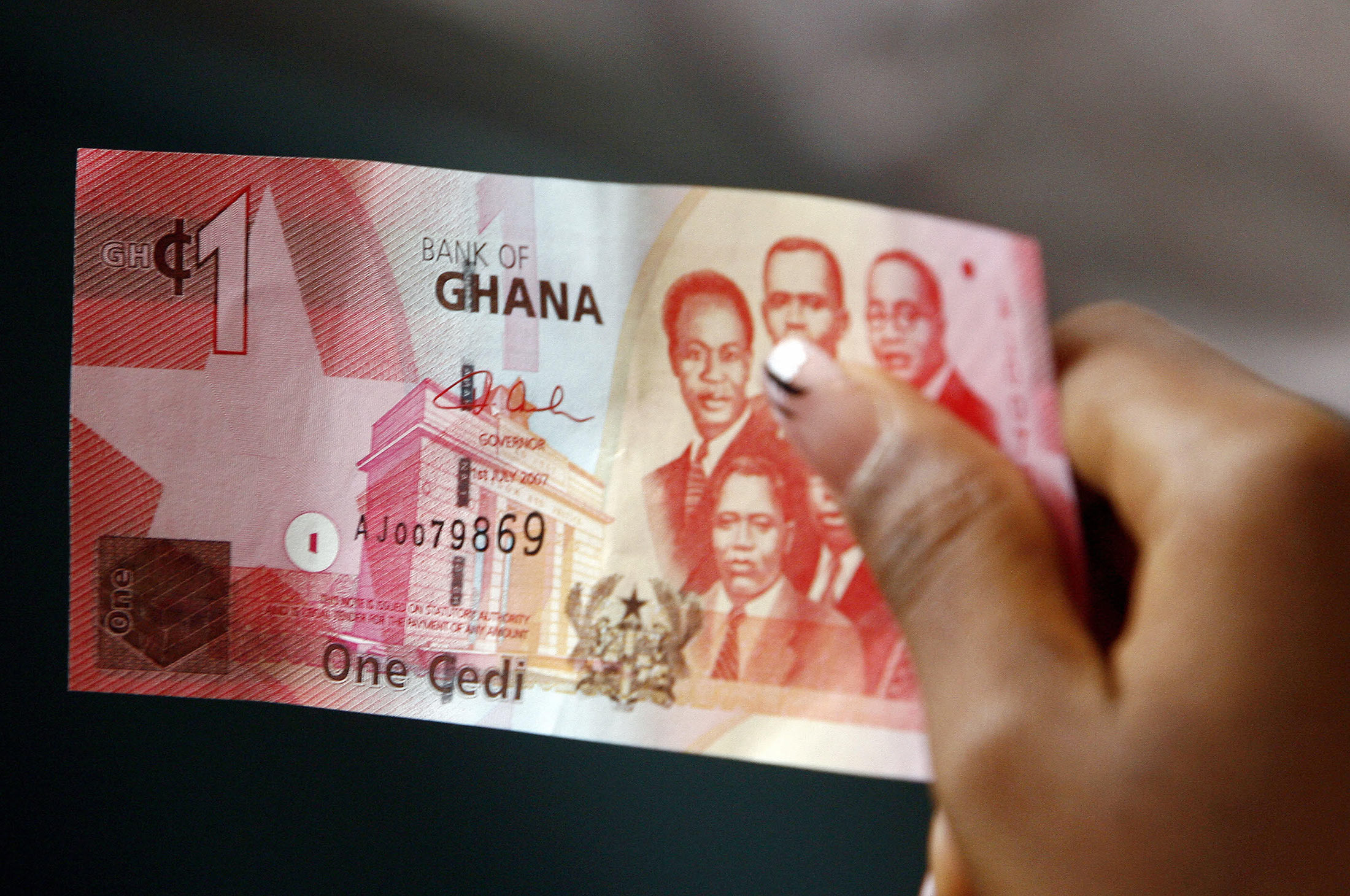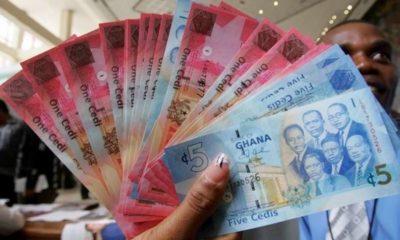A jumbo road interchange financed by the African Development Bank Group has opened in the Ghanaian capital, Accra, amid hopes the new infrastructure will help reduce road fatalities, ease mobility and spur trade within Ghana as well as with its neighbors.
Ghana’s President Nana Akufo-Addo commissioned the Pokuase Interchange – an array of swirling highways – at a ceremony held Friday 9 July, attended by government ministers, diplomats, transport operators, members of parliament and traditional chiefs draped in colorful regalia.
The four-tier interchange — the first of its type in West Africa—and a 10-km road network linking it to adjoining arterial roads, form part of the Accra Urban Transport Project.
The Bank Group provided $83.9 million for the project from the African Development Fund, its concessional financing window, and the Ghanaian government contributed $11 million.
President Akufo-Addo lauded the African Development Bank for its developmental role across the continent. “The Bank, under the outstanding leadership of a great pan-Africanist, Akinwumi Adesina, continues to be a strong vehicle for the realization of the aspirations of the African peoples,” the president said.
The project, which was approved in September 2016, will improve mobility on the Accra-Nsawam section of the Accra-Kumasi Highway, which sees 50,000 vehicles per day in traffic. It will also reduce vehicle operating costs by 37%, cut travel time from two hours to 30 minutes and lower road accident rates by 40%.
Marie-Laure Akin-Olugbade, the Bank’s Director General for the West Africa Regional Development and Business Delivery Office, said that Bank support for the Ghanaian transport infrastructure sector symbolizes its quest for Africans’ economic and social advancement.
“This approach amplifies the benefits through the ancillary facilities and the road which contribute to the improvement of livelihoods,” she said, noting that for close to five decades, “the Bank has stood side-by-side with Ghana to set up the country in implementing its growth and transformation agenda.”
The project also provides protection for the nearby Gua Sacred Forest, contributes to lower carbon dioxide emissions, and provides fully equipped modern ICT laboratories for 14 basic schools to train over 10,000 primary school children. Additionally, the production facilities for two local women’s groups have been upgraded and access to ICT has improved the business and income of more than 250 women by 10%.
Project beneficiaries include local agro-industries, transporters and travelers on the Accra-Kumasi corridor, which is the main transit route between the breadbasket Brong Ahafo region and Accra, and is also part of the Ghana-Burkina Faso road corridor.
The project advances the Bank’s High 5 strategic priorities, particularly, Industrialize Africa, Integrate Africa and Improve the quality of life for the people of Africa. The project also aligns with the current Country Strategy Paper (2019-2023) for Ghana, which supports industrialization, trade, and regional integration as national development priorities. The strategy paper also positions Ghana to take advantage of the African Continental Free Trade Area, which came into force in January 2021.
To date, total Bank approvals for Ghana stand at roughly $3 billion. Of this, nearly $825 million (28%) has gone to road, air, and rail transportation projects, including the rehabilitation of Fufulso-Sawla Road, which won a presidential award in the Bank, and the new Kotoka International Airport Terminal 3. Other important sectors in the Bank’s portfolio are agriculture, at 31.7% and power, water and sanitation, and finance.


 Billionaire Watch2 weeks ago
Billionaire Watch2 weeks ago
 Startups4 weeks ago
Startups4 weeks ago
 News4 weeks ago
News4 weeks ago
 News4 weeks ago
News4 weeks ago
 Bitcoin4 weeks ago
Bitcoin4 weeks ago
 Naira4 weeks ago
Naira4 weeks ago
 Forex3 weeks ago
Forex3 weeks ago
 Treasury Bills4 weeks ago
Treasury Bills4 weeks ago




















